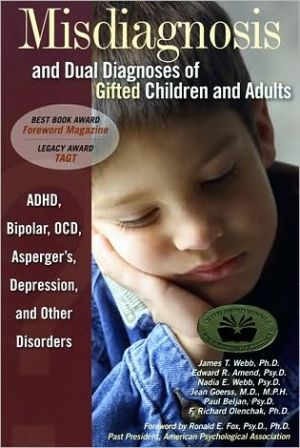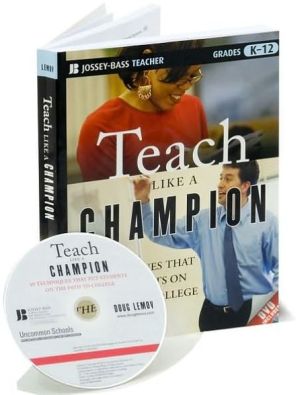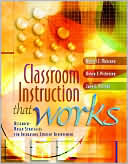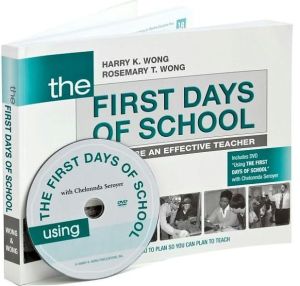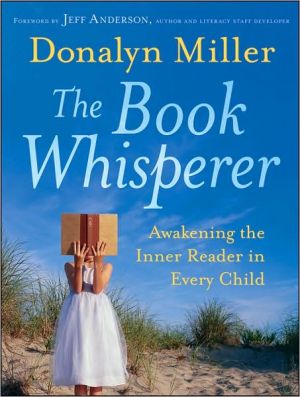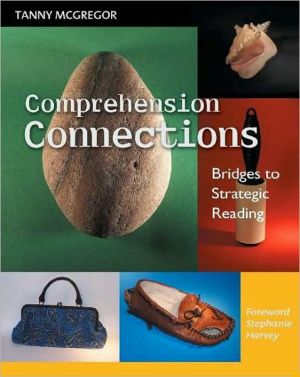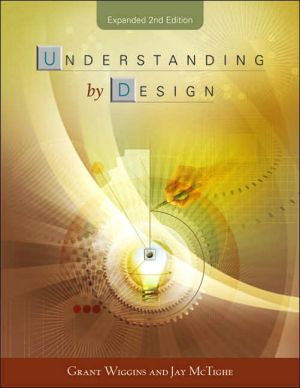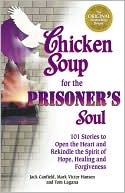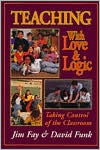Misdiagnosis and Dual Diagnoses of Gifted Children and Adults: ADHD, Bipolar, OCD, Asperger's, Depression, and Other Disorders
Multi-Award Winner!\ \ Our brightest, most creative children and adults are often being misdiagnosed with behavioral and emotional disorders such as ADHD, Oppositional-Defiant Disorder, Bipolar, OCD, or Asperger's. Many receive unneeded medication and inappropriate counseling as a result.\ Physicians, psychologist, and counselors are unaware of characteristics of gifted children and adults that mimic pathological diagnoses. Six nationally prominent health care professionals describe ways...
Search in google:
Multi-Award Winner!Our brightest, most creative children and adults are often being misdiagnosed with behavioral and emotional disorders such as ADHD, Oppositional-Defiant Disorder, Bipolar, OCD, or Asperger's. Many receive unneeded medication and inappropriate counseling as a result.Physicians, psychologist, and counselors are unaware of characteristics of gifted children and adults that mimic pathological diagnoses. Six nationally prominent health care professionals describe ways parents and professionals can distinguish between gifted behaviors and pathological behaviors. Features include: Written for parents and professionalsCharacteristics of gifted children and adults Diagnoses most commonly given to gifted children and adults Traits of diagnoses incorrectly given to gifted children and adults Guidelines to avoid mislabeling gifted children Parent-child relationship problems Issues for gifted adults Advice for selecting a counselor or health care professional Spring, 2005 - Pep Talk Magazine "The authors start by saying this book describes a modern tragedy. Nothing could be more accurate."
ForewordPrefaceIntroductionChapter 1. Characteristics of Gifted Children and AdultsChapter 2. Attention-Deficit/Hyperactivity DisorderChapter 3. Anger DiagnosesChapter 4. Ideational and Anxiety DisordersChapter 5. Mood DisordersChapter 6. Learning DisabilitiesChapter 7. Sleep DisordersChapter 8. Allergies, Asthma, and Reactive HypoglycemiaChapter 9. Relationships Issues for Gifted Children and AdultsChapter 10. Differentiating Gifted Behaviors from Pathological BehaviorsChapter 11. How to Select a Health Care Professional or Counselor for a Gifted Child or AdultChapter 12. ResourcesAppendix A. Suggested ReadingsReferencesEndnotesIndexAbout the Authors
\ National Psychologist"This book is an excellent example of the kind of diagnostic thinking that represents the best ethical and professional functioning in our field. It is required reading."\ \ \ \ \ Outlook Magazine"a book that parents of gifted children, educators, psychologists, and physicians need to read."\ —Minnesota Council for the Gifted and Talented\ \ \ Pep Talk Magazine"The authors start by saying this book describes a modern tragedy. Nothing could be more accurate."\ —Spring, 2005\ \ \ \ \ Cummings Foundation for Behavioral HealthMy advice to parents would be to read this book before your child is misdiagnosed and mistreated.\ \ \ \ \ Director, Belin-Blank CenterThis book makes a powerful statement that many behaviors associated with giftedness may be misconstrued as behaviors associated with disorders. I highly recommend this book to both professionals and parents.\ \ \ \ \ Eide Neurolearning ClinicThis book should be required reading for every professional who cares for children and every parent with a bright but behaviorally perplexing child.\ \ \ \ \ former president, American Psychological AssociationThese authors have brought to light a widespread and serious problem--the wasting of lives from the misdiagnosis of gifted children and adults and the inappropriate treatment that often follows.\ \ \ \ \ Mahoney and AssociatesThis book is paramount...to the evolution of the field of counseling the gifted. It is critical and imperative for the field of mental health providers to finally become aware of the serious and damaging effects that misdiagnosis can have on gifted individuals.\ \
